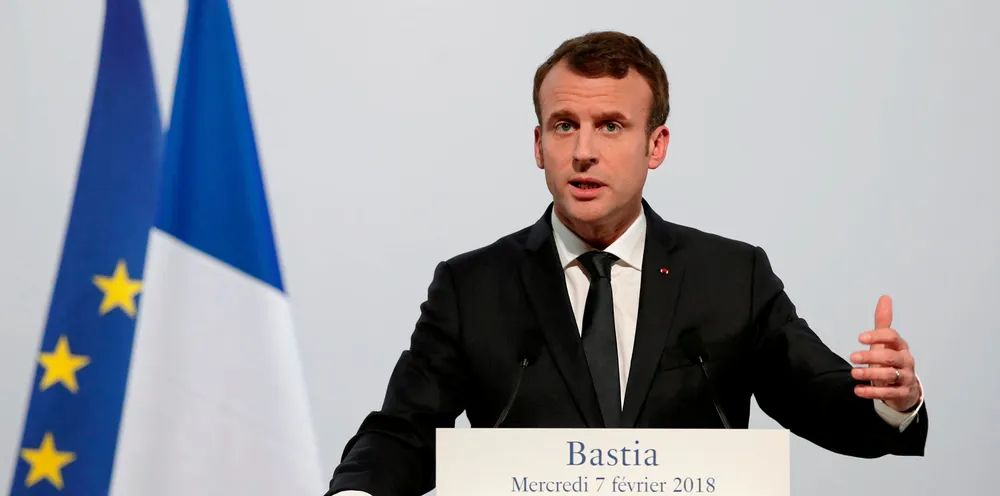French processors want UK value-added seafood products used as bargaining chip to settle Brexit fight
French fishermen are threatening to block access to all UK seafood products, but processing companies are warning that blanket efforts against all UK raw material would be counter-productive.
